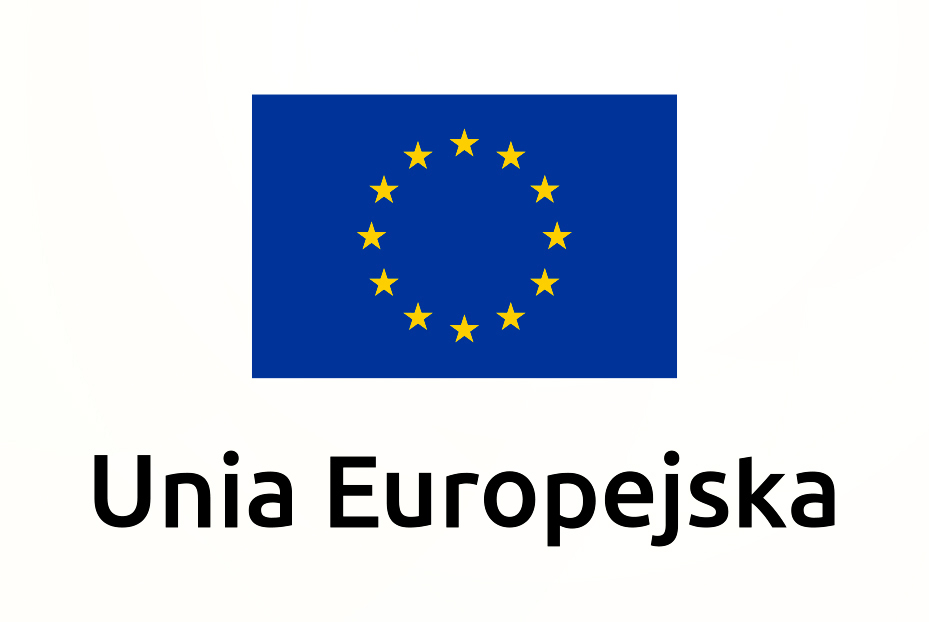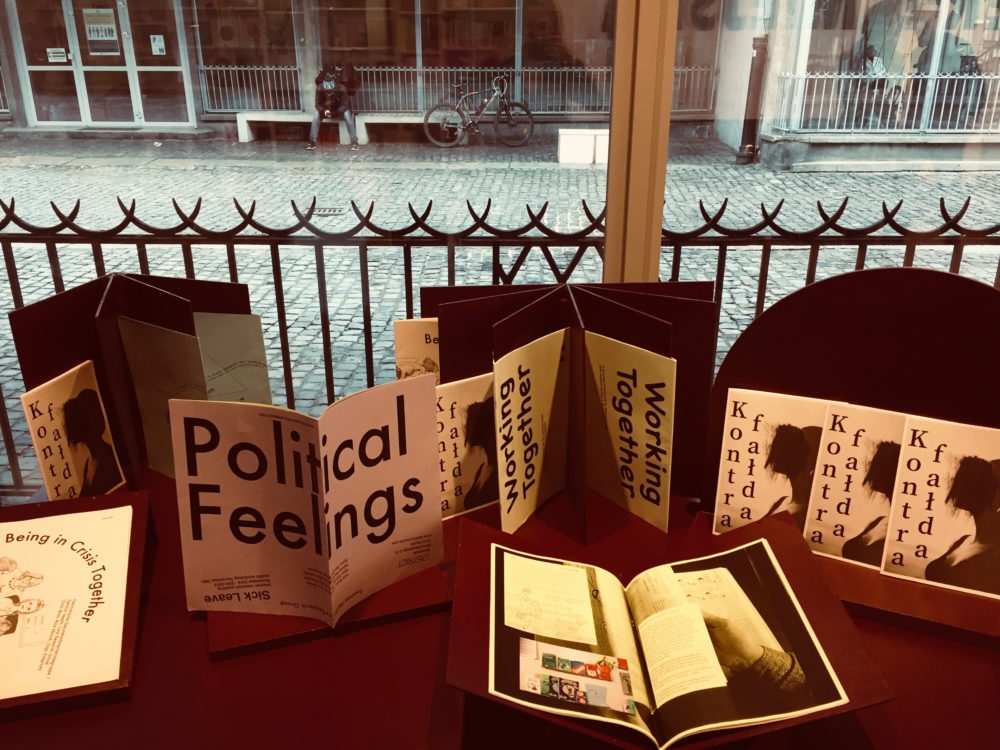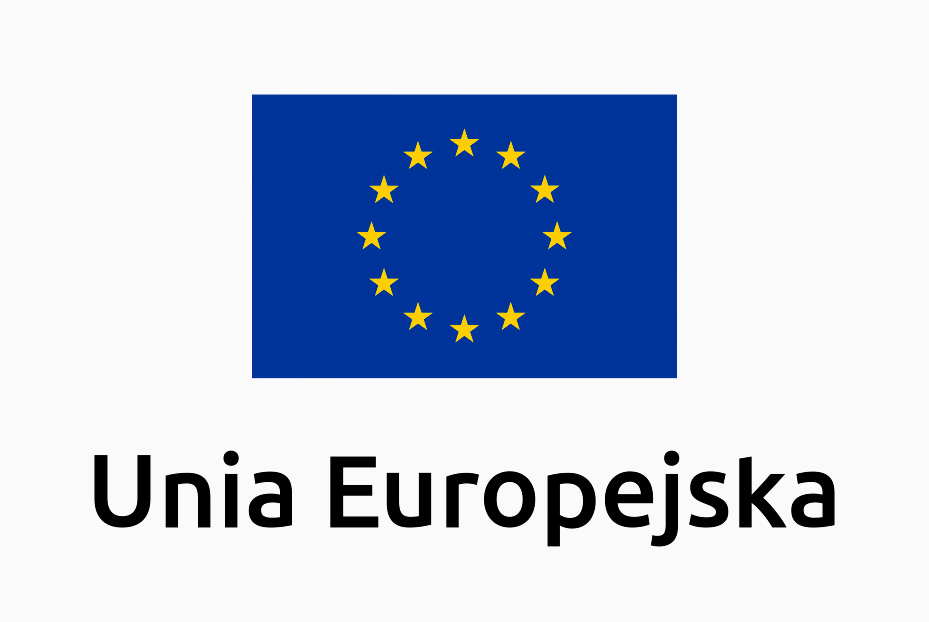Zines are self-published leaflets and publications which can easily be produced and distributed. Zines are used to circulate knowledge in activist and informal circles, sharing information about practices but also as a way to express sensations and views. The zine library at Arsenal Gallery is meant to bring some of the works by artists, activists and collectives together, who intervene with their practice into discourses relating to health, feminist, queer* and trans* health care, reproductive rights, mental health, sickness and others. The zine library will open with contributions by: Feministische Gesundheitsrecherchegruppe FGRG (Feminist Health Care Research Group) and the female zine “Double fold”.
Concept: Inga Zimprich, Zofia nierodzinska
Design of the library display: Inga Zimprich
Production: Zbigniew Wanecki
Feminist Health Care Research Group (Feministische Gesundheitsrecherchegruppe, FGRG) is a group of artists, which conducts self-organized and self-empowering research into health care. It publishes research, workshops, exercises and methods in zines, which can be easily distributed and reproduced. FGRG consists of Julia Bonn, Alice Münch and Inga Zimprich.
www.feministische-recherchegruppe.org
“Double fold” is a collection of interviews with women. The questions featured in the zine have all been asked before in Polish glossy magazines. They have been answered by singers, actresses, celebrities and TV hosts. In “Double fold” these exact same questions are answered by nameless women who live a reality-based life in today’s world.
Editor in chief: Magda Nowicka Chomsk
Editorial design: Agata Szulc
Illustrations: Gosia Bartosik, Ania Dusza, Ania Matuszewska, Joanna Sus, Martyna Gendera
Published by: Edycje Limitowane
Poznań 2018
POWER MAKES
US SICK
Power Makes us Sick (PMS) is a creative research project focusing on autonomous health care practices and networks from a feminist perspective. PMS seeks to understand the ways that our mental, physical, and social health is impacted by imbalances in and abuses of power. We understand that mobility, forced or otherwise, is an increasingly common aspect of life in the anthropocene. In this quest for nomadic or placeless solidarity, we must start with health. PMS is motivated to develop free tools of solidarity, resistance, and sabotage that are informed by a deep concern for planetary well-being.


